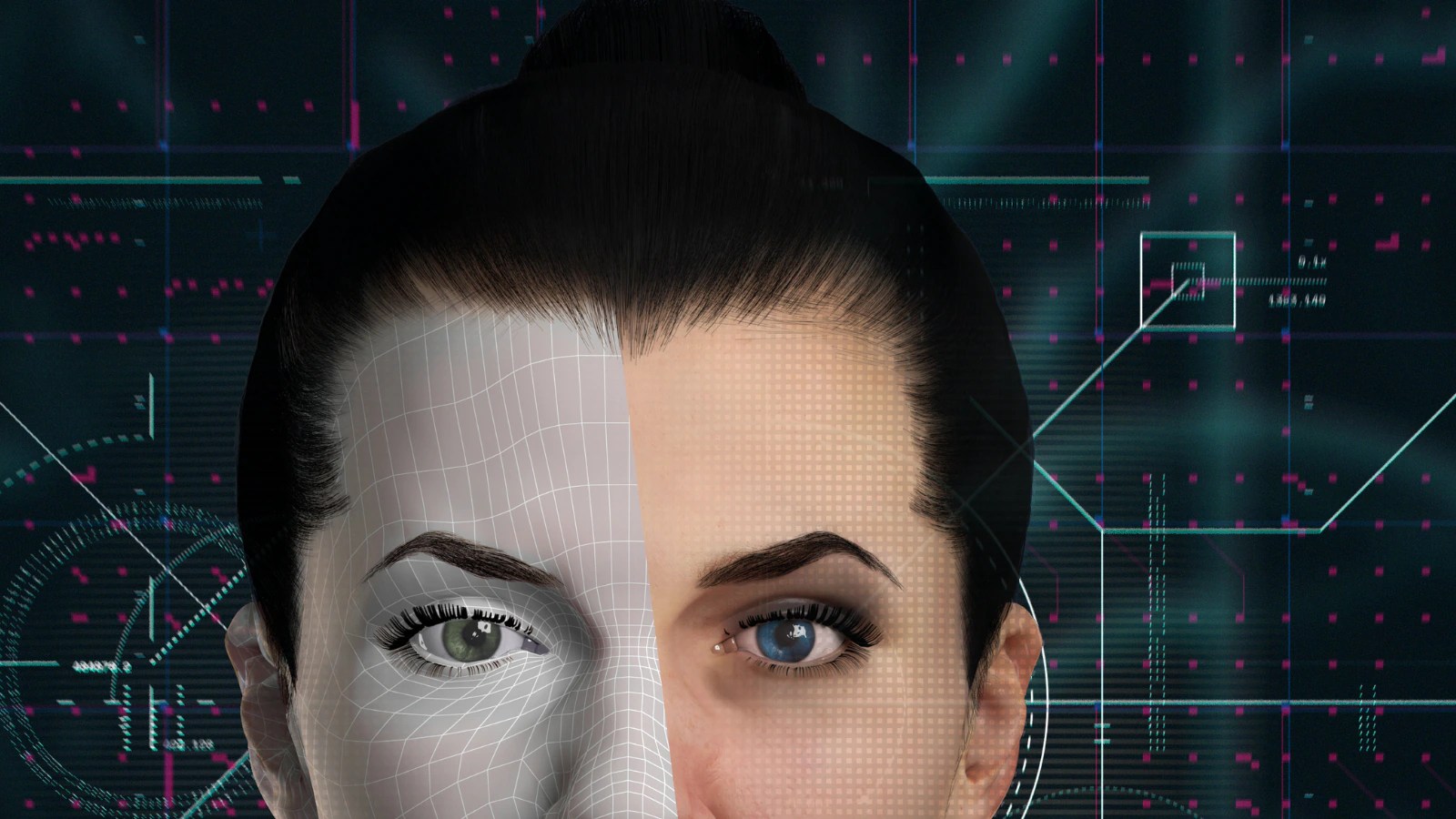Unraveling The Mystique Of Mr. Deepfake
In a world dominated by digital innovation and rapid technological advancement, the emergence of Mr. Deepfake has sparked intrigue and concern across various industries. This enigmatic figure has become synonymous with the revolutionary yet controversial technology that allows for the creation of hyper-realistic digital content. As the lines between reality and illusion blur, understanding the implications of Mr. Deepfake is crucial for navigating our modern landscape.
Deepfakes have the potential to revolutionize entertainment, advertising, and even political discourse. However, they also pose significant ethical dilemmas and risks, raising questions about authenticity, consent, and the potential for misuse. The persona of Mr. Deepfake embodies these complexities, making it essential to delve deeper into his story and the broader implications of this technology.
As we explore the multifaceted world of Mr. Deepfake, we will investigate his biography, the technology behind deepfakes, and the societal impacts of this phenomenon. By shedding light on the various dimensions of Mr. Deepfake, we aim to foster a better understanding of both the opportunities and challenges that this technology presents.
Who is Mr. Deepfake?
Mr. Deepfake is not a singular individual but rather a representation of a technological movement that has gained traction in recent years. The term "deepfake" refers to the artificial intelligence-driven technique used to create convincing fake videos or audio recordings. While the exact origins of the term are murky, it gained prominence around 2017, when users on online forums began sharing manipulated media that featured celebrities and public figures.
What is the Technology Behind Mr. Deepfake?
At the heart of Mr. Deepfake lies a combination of machine learning algorithms and deep learning techniques. These technologies analyze vast amounts of data to learn how to mimic facial expressions, voice patterns, and other identifying characteristics of individuals. The process involves:
- Data Collection: Gathering a significant amount of visual and audio data from the target individual.
- Model Training: Using neural networks to train the model to replicate the target's features and nuances.
- Video Synthesis: Combining the trained model with new video footage to create a seamless and realistic fake.
What Are the Ethical Implications of Mr. Deepfake?
The rise of Mr. Deepfake raises critical ethical questions. On one hand, deepfake technology can be used for entertainment and artistic expression, such as in film and gaming. On the other hand, it can also be weaponized for malicious purposes, including misinformation, defamation, and cyberbullying. The potential consequences of these actions can be devastating, leading to reputational damage and erosion of trust in media.
What Are the Applications of Mr. Deepfake Technology?
Mr. Deepfake technology has found applications in various fields, including:
- Entertainment: Filmmakers use deepfake technology to digitally resurrect deceased actors or create realistic stunt doubles.
- Education: Educators can create immersive learning experiences by bringing historical figures to life in classrooms.
- Advertising: Brands leverage deepfake technology to create engaging marketing campaigns with virtual influencers.
- Social Media: Users create humorous or satirical content by swapping faces in popular videos.
How Has Mr. Deepfake Impacted Society?
The societal impact of Mr. Deepfake is profound, influencing how we perceive information and trust media sources. As deepfakes become more sophisticated, individuals must develop critical thinking skills to discern between genuine and manipulated content. This has led to increased discussions around media literacy and the importance of verifying sources before sharing information.
Can We Regulate Mr. Deepfake Technology?
As the challenges posed by Mr. Deepfake technology become more apparent, questions arise about the need for regulation. Policymakers and industry leaders are grappling with how to strike a balance between fostering innovation and protecting individuals from potential harm. Possible regulatory measures include:
- Establishing clear definitions and legal frameworks for deepfake technology.
- Implementing penalties for malicious use of deepfakes.
- Promoting transparency in the creation and sharing of manipulated content.
What Does the Future Hold for Mr. Deepfake?
The future of Mr. Deepfake technology is both exciting and uncertain. As advancements continue, we may see even more realistic and convincing deepfakes. However, this also raises the stakes for ethical considerations and societal impacts. It is crucial for creators, consumers, and regulators to engage in ongoing dialogue about the implications of this technology.
Biography of Mr. Deepfake
While Mr. Deepfake represents a technological concept rather than a single individual, the term has become a cultural phenomenon in its own right. Below is a table summarizing the key details associated with the concept of Mr. Deepfake:
| Attribute | Details |
|---|---|
| Name | Mr. Deepfake |
| Origin | Emerged around 2017 |
| Technology | Deep learning, machine learning, neural networks |
| Primary Use | Creating realistic fake media |
| Applications | Entertainment, education, advertising, social media |
| Ethical Concerns | Misinformation, privacy invasion, defamation |
In conclusion, Mr. Deepfake highlights the dual-edged nature of technological progress. While it opens up new creative possibilities, it also challenges our perceptions of truth and trust. As we navigate this complex landscape, it is essential to remain vigilant and informed about the implications of Mr. Deepfake technology.



ncG1vNJzZmivp6x7s7HBnqOrmZ6YtbjFzmeaqKVfl7%2Bmr8qeo6VpX6K%2FbrDEnqefmZuae6nAzKU%3D